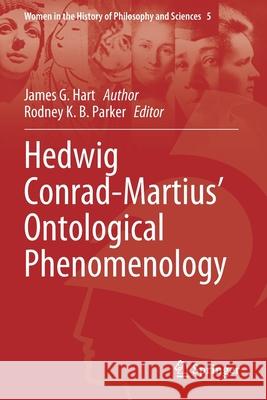Hedwig Conrad-Martius' Ontological Phenomenology » książka
topmenu
Hedwig Conrad-Martius' Ontological Phenomenology
ISBN-13: 9783030448448 / Angielski / Miękka / 2021 / 272 str.
Hedwig Conrad-Martius' Ontological Phenomenology
ISBN-13: 9783030448448 / Angielski / Miękka / 2021 / 272 str.
cena 442,79
(netto: 421,70 VAT: 5%)
Najniższa cena z 30 dni: 424,07
(netto: 421,70 VAT: 5%)
Najniższa cena z 30 dni: 424,07
Termin realizacji zamówienia:
ok. 22 dni roboczych.
ok. 22 dni roboczych.
Darmowa dostawa!
Kategorie BISAC:
Wydawca:
Springer
Seria wydawnicza:
Język:
Angielski
ISBN-13:
9783030448448
Rok wydania:
2021
Wydanie:
2020
Numer serii:
000842392
Ilość stron:
272
Waga:
0.40 kg
Wymiary:
23.39 x 15.6 x 1.52
Oprawa:
Miękka
Wolumenów:
01
Dodatkowe informacje:
Wydanie ilustrowane











